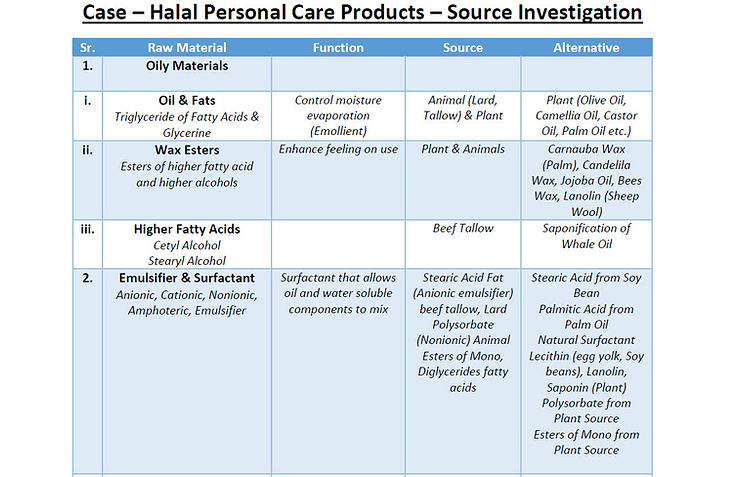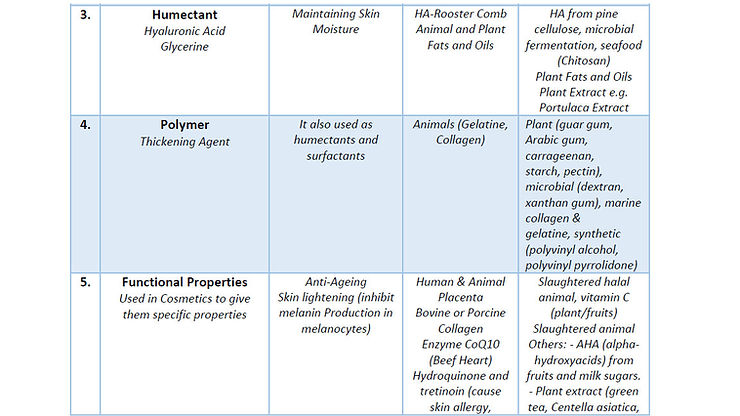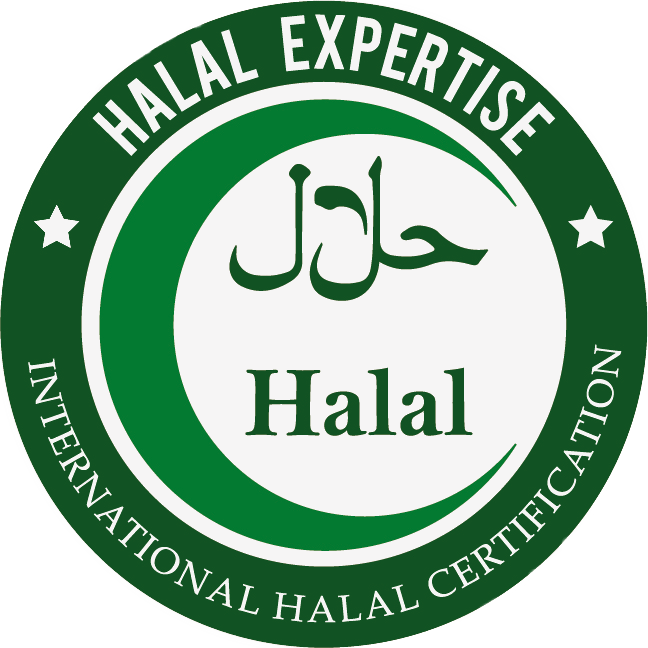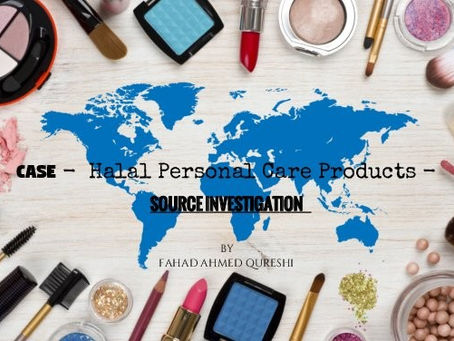Cosmetic and personal care products are use externally to keep the skin clean and healthy. In general, cosmetics are used repeatedly on the skin over the long term period. Cosmetic and personal care products are any substance or preparation intended to be placed in contact with various external parts of the human body such as epidermis, hair system, nails, lips and external genital organs or with teeth and mucous membranes of the oral cavity.
The functions of these items are mainly to cleaning them, perfuming them, changing their appearance and/or correcting body odors and/or protecting them or keeping them in good condition. The cosmetics can be classified according to their use and area of applications such as skin care products, hair care, body care, oral care and others. Based on the ingredients used, the cosmetic and personal care products may have many different functions such as anti-aging, skin whitening, moisturizing, cleansing, and etc.
According to the Malaysian Standard MS 2200, ‘the definition of halal cosmetic and personal care products are;
Products permitted under the Islamic Law and meet the followings conditions for the ingredients: do not contain raw material from human parts or ingredients derived from thereof; do not contain any parts or substances derived from animals forbidden to Muslims by Shariah Law; do not use halal animal which are not slaughtered according to Shariah Law; do not contain any materials or genetically modified organism (GMO) which are decreed as Najs; and do not harm the user.
Due to the increasing awareness, the Muslim consumers are concerned of the safety, quality, composition and the halalness of the cosmetic and personal care products. They want to know the source of the ingredients used and the way it is processed. With the advancement and innovation in cosmetic technology, there are many cosmetic ingredients available today that are derived from various sources including animal. The non-halal source of the raw materials for the cosmetic and personal care products can be substituted with alternative ingredients for halal compliance.
The principal ingredients used to manufacture the cosmetics are water and oily materials such as oils, fats, wax esters, and ester oils, surface active agents used for emulsifier and solubilizing agents, humectants, thickening agents, antioxidants, sequestering agents, active agents such as plant extract, coloring, perfume and others. There are several factors to be considered when selecting the raw materials. The most important factors for the selection of raw materials are:
Meet the purpose of the product;
Safe to consumers;
Stability;
Quality being maintained.
Some of these raw materials for the cosmetic ingredients are obtained either from plants and animals or from living materials. These animal sources may possess some problems of its form; either it is from the forbidden animals such as pig and dog or from the unslaughtered halal animals such as cattle, sheep or chicken. Therefore, the cosmetic ingredients need to be inspected and tested for permissibility to meet the halal requirement. Subsequently some of the ingredients are unable to identify the source which can be categorized as Mashbooh or questionable (doubtful) and these ingredients should be avoided.







